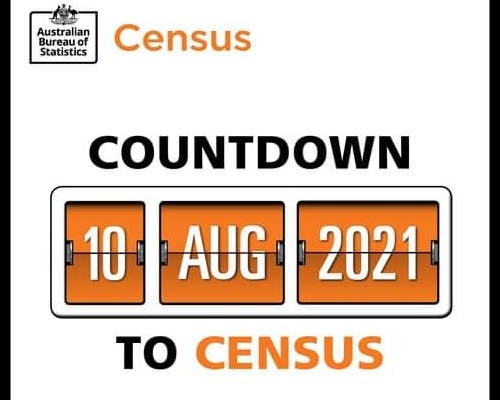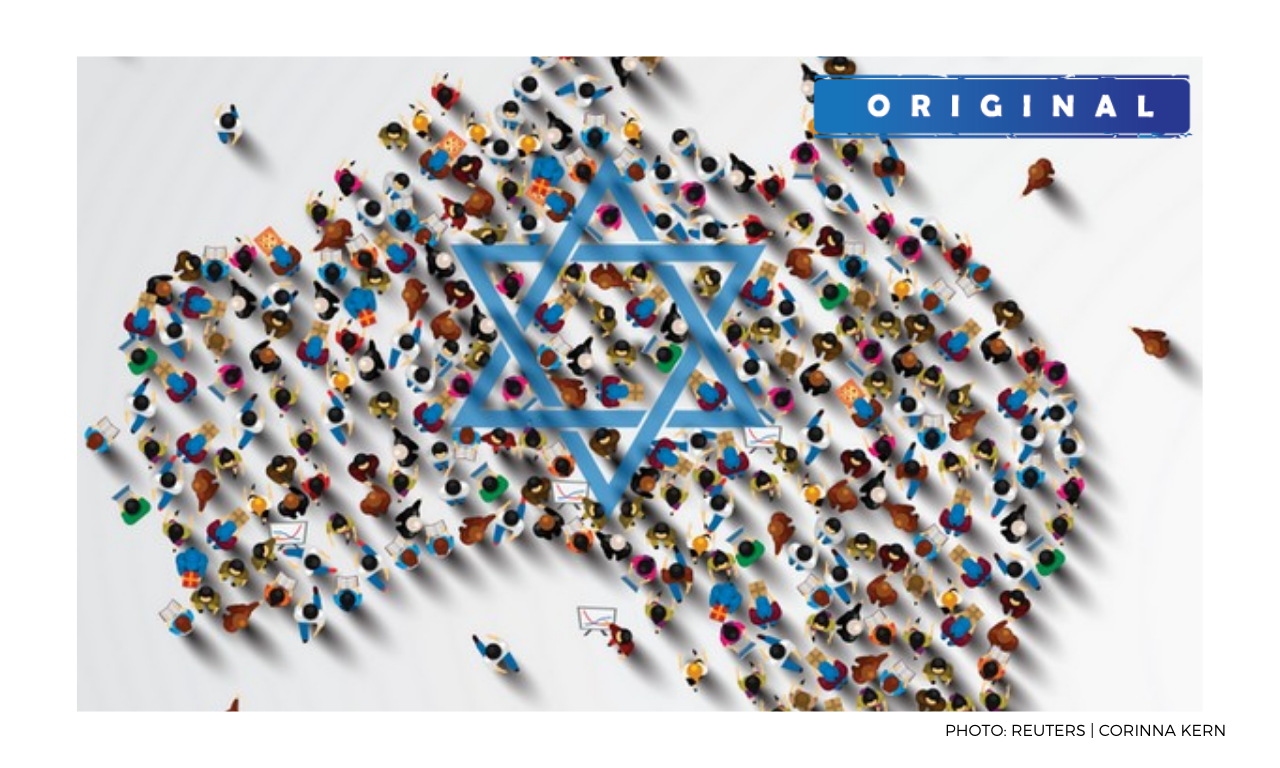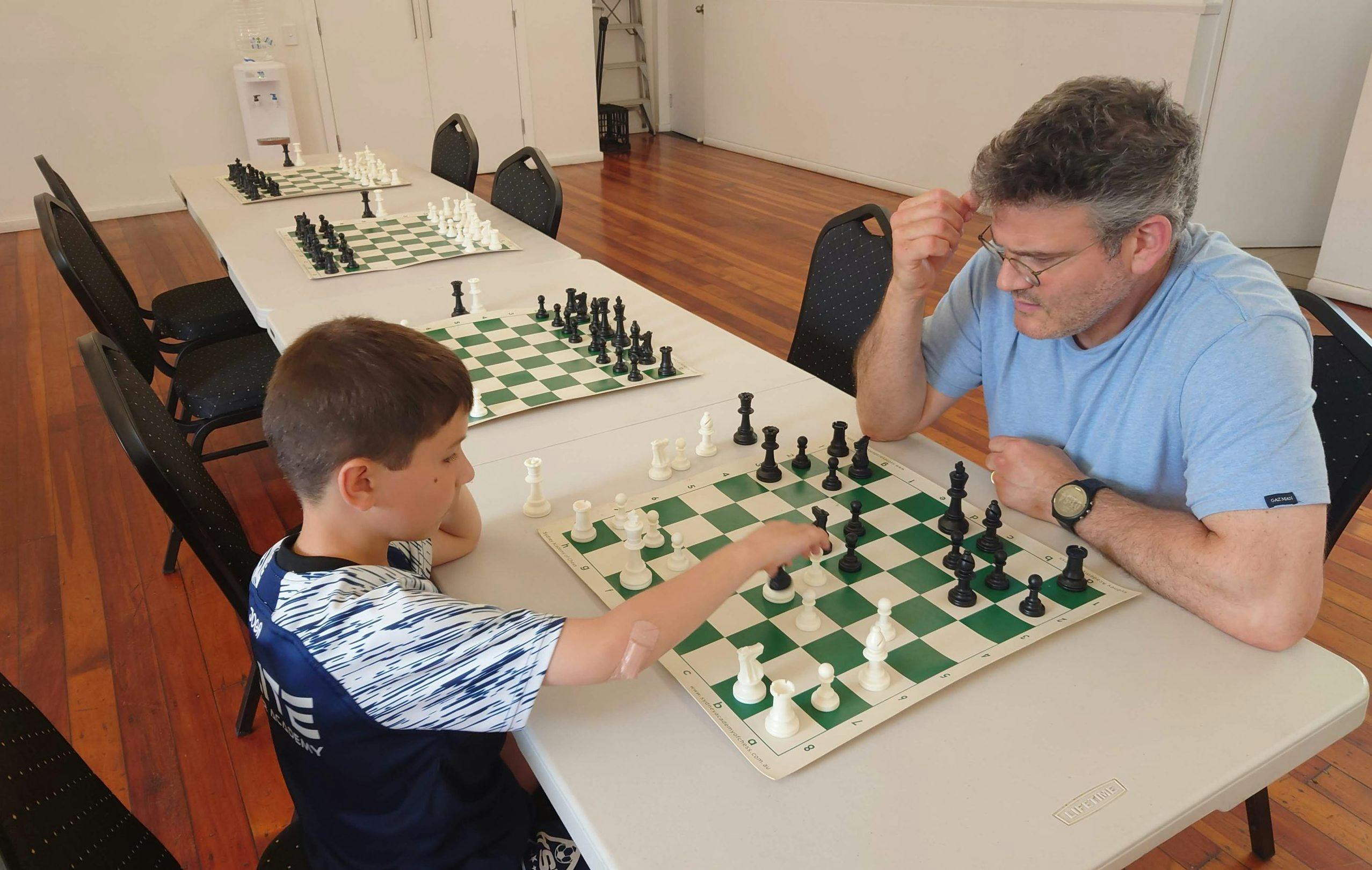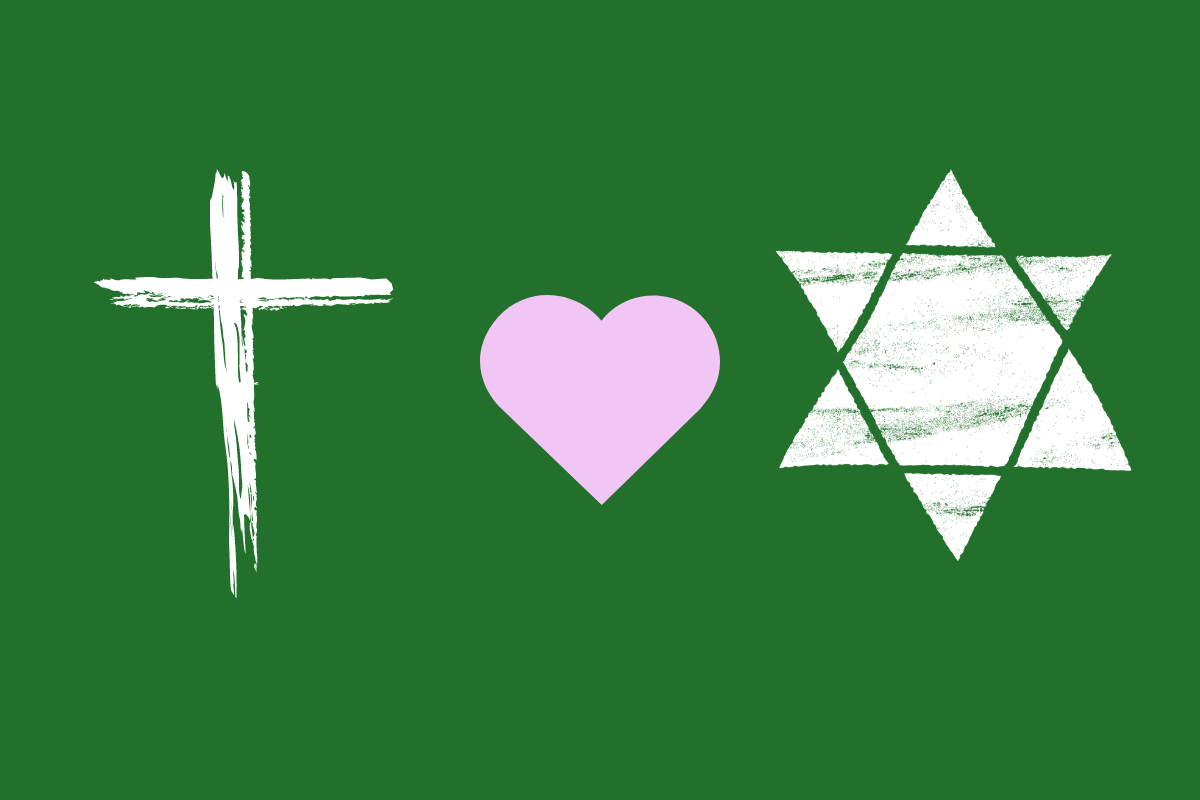Published: 7 August 2021
Last updated: 4 March 2024
Ahead of next week’s census, RAN PORAT examines demographic and political implications of how to accurately count the number of Jews in Australia
THE 2021 AUSTRALIAN Population Census opened a few days ago. Conducted every five years, this project is a vital and powerful tool for in-depth demographic trend analysis and long-term planning for policy makers at all levels. Its importance cannot be understated.
I have already filled in mine.
Most Australians are expected to fill in this census online. Five years ago, the prestige and credibility of the census suffered a major hit after a technical issue took down the census website for hours (#censusfail). This year, the technical security problems have reportedly been fixed.
Yet other problems have persisted or emerged since then. For instance, critics point to the lack of representation for LGBTQI+ community. One can only respond to the “what is your sex” question with “Male” or “Female”, omitting a “Non-binary” option.
More ‘no religion’ and less Jews? Not necessarily
Nothing is more significant for the Jewish community than the hotly debated question about religion. While religious organisations, including Jewish bodies, call on their constituents to list their religion in the census, secular groups and public figures engage in the #NoReligion counter campaign, encouraging respondents to choose the “No religion” option. The latter reflect a growing trend toward secularism and atheism in countries affiliated with the Western (or Judeo-Christian) culture.
In 2016, the no-religion camp achieved an impressive outcome - 30 per cent of Australians declared they had no religion, a whopping 48 per cent increase from 2011.
Structural changes in the census online form are likely to have had a significant impact on this outcome. In 2016, “No religion” was the first answer listed in the question about religion. And in 2016, as in 2021, the census documents noted that “Answering this question [on religion] is optional.” Assuming Australians opting not to respond to this question are more likely part of the “No religion” camp, these changes possibly resulted in unintended bolstering of the no-religion movement.
Another structural change further undermined the ability of the census to accurately count Jews and other religious minorities. For the past few censuses, only religions with the biggest number of followers according to the previous census, such as Christianity and Islam, appear as options for respondents to choose directly. Smaller religions must be added by the respondent in the “Other” field.

These developments were one reason why the Jewish population appeared to suffer a numerical setback in 2016 compared to the previous census. In 2016, 91,022 Australians recorded their religion as Jewish, 6 per cent less than in 2011. This data, however, did not reflect the true number - demographers have shown the Jewish population grew by 1 per cent over the same period, to an estimated 121,000 people.
It can be assumed that the 2021 census will again incorrectly reflect the number of Jews in Australia by undercounting them. At the same time, the Australian Jewish population did not grow much (or at all) from 2016. A major source of growth dried up with the slowing of immigration of Jews (mostly Israelis) over recent years, especially following the Covid-19 pandemic.
Jewish by ancestry is also an option
Why is it a good idea for anyone with any sort of Jewish affiliation to indicate they are Jewish?
Some of us with a varying degree of Jewish connection may choose, or have already chosen, not to note their religion as Jewish in the census. They may contend that they are secular, or do not believe in God, and that they want to detach religion from politics. These are reasonable arguments but irrelevant to the census.
To atheists, secular and the like (such as myself), the census offers a good alternative - the ancestry question.
To atheists, secular, and the like (such as myself), the census offers a good alternative - the ancestry question. I would strongly recommend you note “Jewish” in at least one of the two possible responses under ancestry. The other response could be country of family or personal origins (Israeli in my case). This would allow you to dodge any moral or political concerns attached to the religion questions, while opening the door for scholars to pinpoint more individuals to be counted as part of the Jewish cohort.
Support social bodies and protect Jewish voices
A popular argument for noting Judaism as one’s religion in the census is that Jewish bodies must show that they have a significant, strong and hopefully growing community behind them.
Even if you disagree with the political views of some in these institutions, many Jewish organisations are social in nature, and support Jews and non-Jews alike. Examples include Jewish schools, sporting associations like Maccabi, and Jewish Care, which tends to the needy, elderly and dependent individuals and their families. To correctly plan, obtain budgets and continue to operate, these social service providers must use certified census data.
Even if you disagree with Israel’s policies internally and internationally, you may want to ensure that the voice of the Jewish diaspora is heard vis-à-vis the Israeli government.
Another reason is Israel. Even if you disagree with Israel’s policies internally and internationally, you may want to ensure that the voice of the Jewish diaspora is heard vis-à-vis the Israeli government. A weakened and dwindling Australian Jewish community is a muted community.
The validity of Jewish voices in the internal discourse will also be influenced by the census data. An ugly wave of hatred and antisemitism swept Australia in response to the May conflict between Israel and the Palestinians. Whatever side of the debate you are on, it is vital that the census would clearly indicate to decision makers that the Jewish community is strong. The power of numbers is one important tool for taking a firm stand against racism and antisemitism.
A final request – please humour me and the others in the Jewish academic community. I love playing with polls and census data for research about Australian Jewry of all types. Be nice! Don’t take this away from me…




